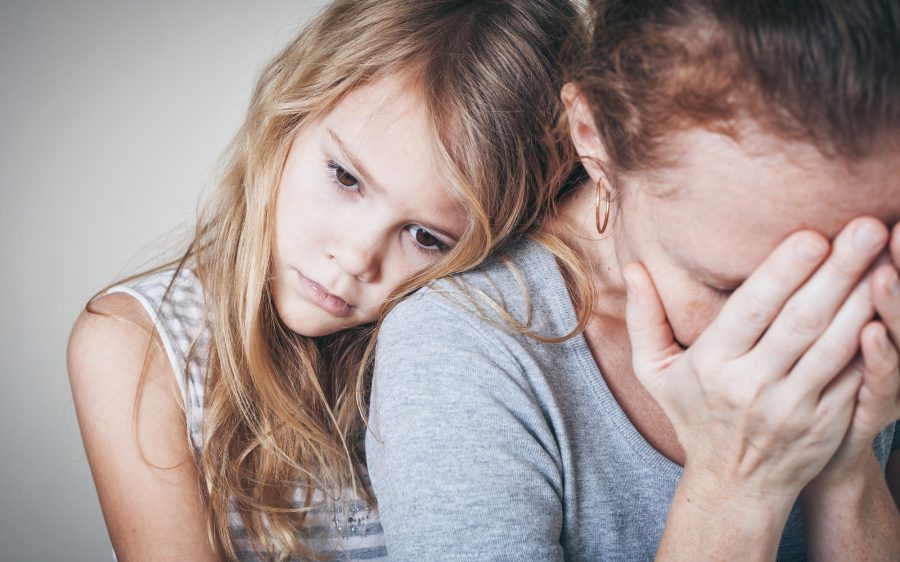
Updated July 18, 2023
People die from overdose and addiction every day in America. As a result, parents all over the country lose their children to this disease on a daily basis. You may be reading this blog post because you are one of those parents and don't know what to do. When you lose a child to addiction, you can feel lost and overwhelmed. We offer four statements to remember when coping becomes difficult.
Unfortunately, addiction and overdose have a stigma in our society. As a result, people often don't talk much about this disease. You may feel the tragedy that happened to your child is rare and is something that nobody understands — in 2021 alone, there were 1,146 adolescent overdose deaths. Just because we consider addiction a taboo topic doesn't mean it happens rarely. It means we don't talk about it enough.
Consider the numbers we just discussed. Thousands of people die from addiction every year, and many of them have at least one parent who cares about them. These parents understand the grief you feel and the challenges you face. Even if you don't know one of them personally, you can rest assured that someone out there knows your situation.
You also have loved ones, co-workers and neighbors who care about your well-being. While not all of them may understand, you likely know someone who will try.
If you don't know any other parents who lost a child to overdose, you can easily find them thanks to support groups. Many parents feel the same way you do and want to connect with people in the same situation.
Support groups exist online and in certain communities. For example, The Compassionate Friends has online communities for parents who lose children. Some of their communities even focus on substance-related deaths. GRASP (Grief Recovery After Substance Passing) helps people who lose loved ones to addiction. They have both local and online chapters.
When you lose a child to addiction, you might feel guilty. What if you did something differently? Would they still be around today? Did you do enough?
You may have questions like these running through your head every day, but we want you to know that it wasn't your fault. It wasn't anyone's fault. Your child had a disease that even professionals have difficulty treating. If you didn't realize your child had an addiction, remember that some people dealing with substance abuse hide it well. Even if you did know, you did the best you could.
If you think a loved one or someone else you know has an addiction, we can help. At Diamond House Detox, we offer detoxification, support and education to families and individuals. Read more about the warning signs of addiction and contact us today if you need help intervening. Call today for same day admittance at (800) 205-6107.
Resources:
Content medically reviewed by Vicky Magobet, PMHNP-BC, on November 16th, 2018.